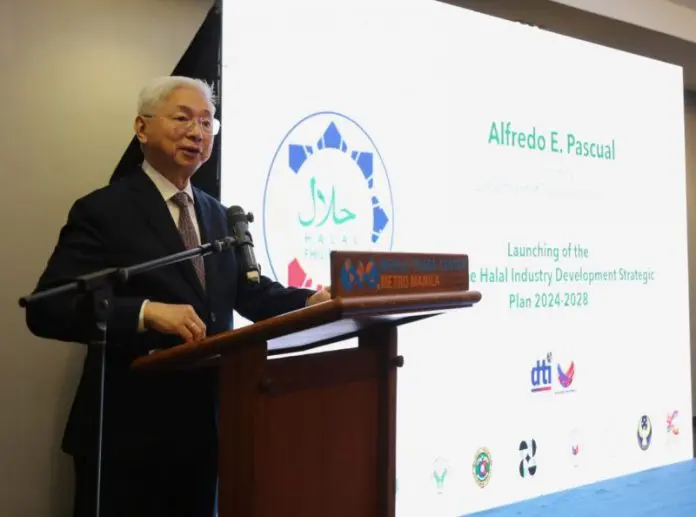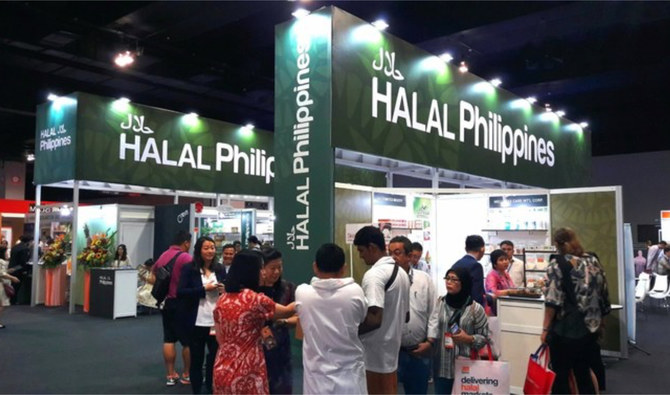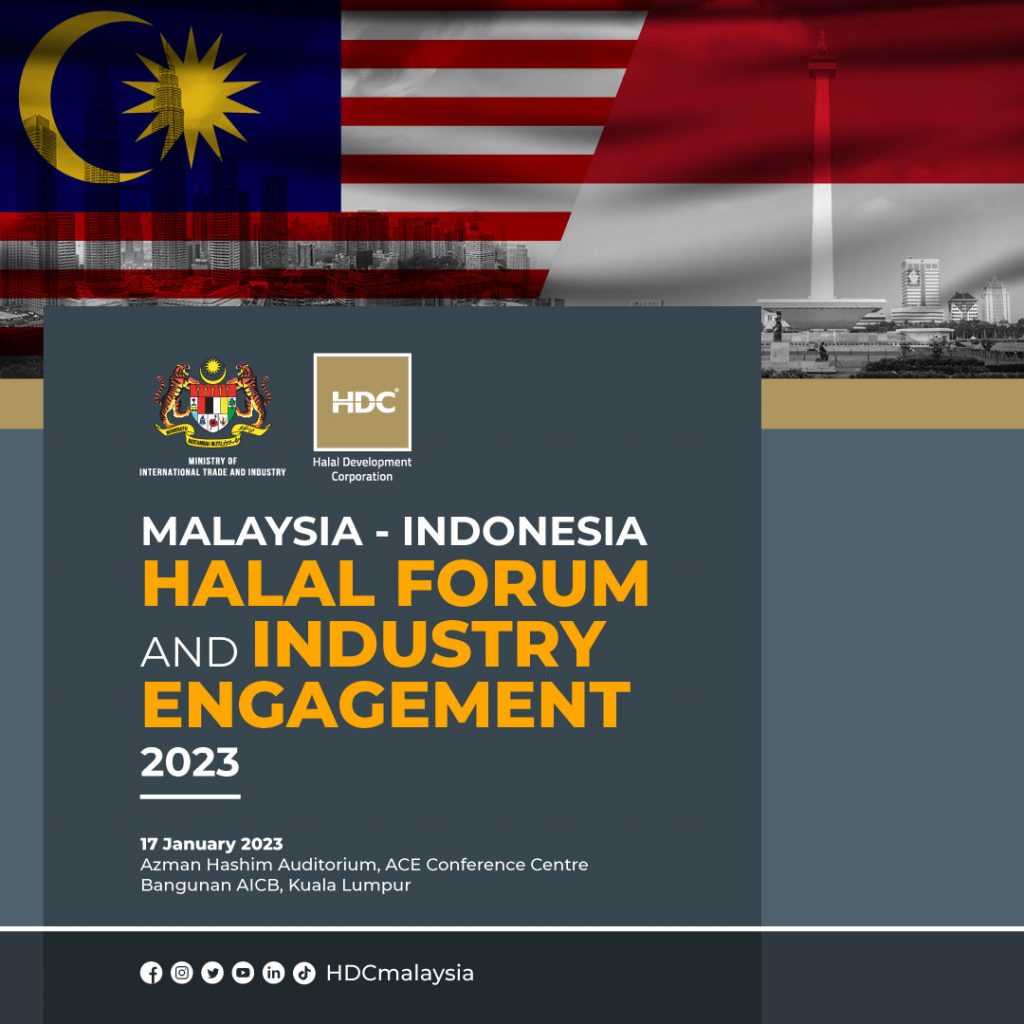
-
The Department of Trade and Industry initiated a comprehensive four-year plan for the development of the Halal industry
-
The plan aims to harness the growing economic potential of the sector
-
Projections show doubling of both domestic and international output by 2028
-
Unveiled through the Philippine Halal Development Strategic Plan on January 23, the initiative not only focuses on attracting P230 billion in investments but also aims to create 120,000 jobs over the next four years
-
As part of this endeavor, the government is set to launch a unified national brand, emphasizing the Philippines as the rapidly expanding and most Halal-friendly hub in the Asia Pacific region?
The Department of Trade and Industry (DTI) has initiated a comprehensive four-year plan for the development of the Halal industry, aiming to harness the growing economic potential of this sector.
With projections indicating a doubling of both domestic and international output by 2028, the Philippine Halal Development Strategic Plan, launched on January 23, aims to attract P230 billion in investments and generate 120,000 jobs over the next four years.
Under this plan, government agencies commit to expanding and recognizing Halal-certifying bodies, fostering a unified national brand, and positioning the Philippines as the fastest-growing and most Halal-friendly hub in the Asia Pacific. The “Halal-Friendly Philippines” campaign, launched in conjunction, aspires to establish the country as a premier Halal gateway and destination in the region.
Key elements of the plan include the creation of a one-stop shop to synchronize efforts and develop a comprehensive Halal value chain. The goal is to increase the number of Halal-certified products from the current 3,000 to 6,000, catering to the escalating domestic and global Halal demands driven by the growing Muslim population, tourists, exporters, investors, and health-conscious consumers.
With the Muslims in the Philippines estimated at 12 million or 10% of the entire population, the country boasts the third-largest Muslim population in Southeast Asia. The strategic plan aligns with the increasing Muslim demographic and the rising popularity of the Philippines as a destination for travelers from Islamic countries.
The burgeoning Halal tourism drive is gaining momentum, with numerous Halal-certified or Muslim-friendly accommodation establishments and restaurants nationwide. The country’s Halal exports to Islamic countries, including Malaysia, UAE, Saudi Arabia, Singapore, Iran, Qatar, and Kuwait, have seen steady growth.
In addition to focusing on export opportunities, the Philippines aims to position itself as a Halal food processing hub. The issuance of a $1-billion “Sukuk” (Sharia-compliant bonds) in November 2023 underscores the substantial interest from investors, signaling significant opportunities for expansion in Islamic banking.
As the country endeavors to develop a comprehensive Halal infrastructure, studies indicate a growing trend of non-Muslim consumers choosing Halal-labeled products for reasons such as safety, cleanliness, suitability for personal health, and hygiene. The Halal industry, encompassing various aspects of daily life, is poised to become one of the most promising sectors in the global market, with an estimated market value of $7.7 trillion by 2025.
Despite this potential, there is a significant supply gap in the Philippines, with $120 million worth of Halal products imported in 2022. The DTI’s ambitious plan aims to bridge this gap, positioning the Philippines as a major player in the thriving global Halal industry.



